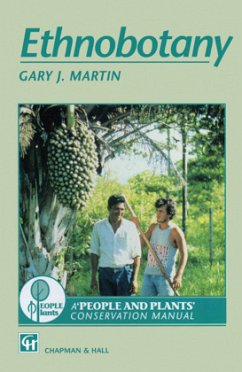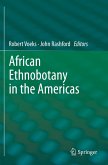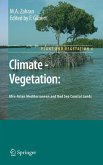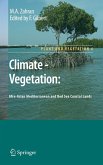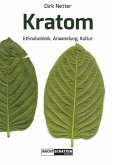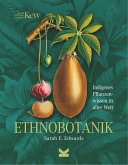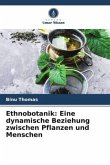Ethnoecology has blossomed in recent years into an important science because of the realization that the vast body of knowledge contained in both indigenous and folk cultures is being rapidly lost as natural ecosystems and cultures are being destroyed by the encroachment of development. Ethnobotany and ethnozoology both began largely with direct observations about the ways in which people used plants and animals and consisted mainly of the compilation of lists. Recently, these subjects have adopted a much more scientific and quantitative methodology and have studied the ways in which people manage their environment and, as a consequence, have used a much more ecological approach. This manual of ethnobotanical methodology will become an essential tool for all ethnobiologists and ethnoecologists. It fills a significant gap in the literature and I only wish it had been available some years previously so that I could have given it to many of my students. I shall certainly recommend it to any future students who are interested in ethnoecology. I particularly like the sympathetic approach to local peoples which pervades this book. It is one which encourages the ethnobotanical work by both the local people themselves and by academically trained researchers. A study of this book will avoid many of the arrogant approaches of the past and encourage a fair deal for any group which is being studied. This manual promotes both the involvement oflocal people and the return to them of knowledge which has been studied by outsiders.
Hinweis: Dieser Artikel kann nur an eine deutsche Lieferadresse ausgeliefert werden.
Hinweis: Dieser Artikel kann nur an eine deutsche Lieferadresse ausgeliefert werden.
I caught a glimpse of the table of contents, and it looks wonderful - Society for Economic Botany Newsletter; ...provides a detailed overview of this emerging discipline. Aimed primarily at researchers who are beginning field studies, it gives clear descriptions of the skills and methods most commonly employed by ethnobotanists. It will also be of interest to experienced field workers who wish to review new concepts and techniques drawn from botany, anthropology, economics, ethnopharmacology and other disciplines.. - Krypto News; However, in keeping the text firmly focused on the discussion of field techniques and rooted in a project base, with the use of real examples, Martin succeeds in providing some valuable information about research tools. I greatly appreciated the final section which offered ethical guidelines for conducting ethnobotanical studies with local people, communities and indigenous organisations. - International Journal of Environmental Studies; Nominated for the 1996 Society for Economic Botany Newsletter Outstanding Book Award

